Redefining Leadership in Today’s Workplace
Leadership is evolving. The traditional “command and control” approach no longer works in today’s fast-changing workplace. Instead, effective leadership is about inspiring, guiding, and empowering employees. As Simon Sinek famously said:
“Leadership is not about being in charge. Leadership is about taking care of those in your charge.”
To truly lead, we must first develop self-awareness—the ability to understand how our actions, words, and emotions impact others. But here’s the challenge: while 90% of leaders believe they are self-aware, studies show only 15% actually are (BetterUp, 2022). This gap highlights the importance of continuous reflection and growth.
Why Self-Awareness is Essential for Leadership
Developing self-awareness in leadership offers powerful benefits:
- Enhances Decision-Making: Leaders who reflect on their actions make better, more thoughtful decisions.
- Boosts Emotional Intelligence: Self-aware leaders regulate their emotions and respond rather than react.
- Strengthens Relationships: Understanding different perspectives fosters stronger team connections.
- Reduces Stress & Improves Well-Being: Leaders who practice self-awareness experience less stress and greater job satisfaction.
How to Cultivate Self-Awareness as a Leader
1. Practice Reflection & Ask Key Questions
Take time to evaluate your leadership daily by asking:
- What did I do well today?
- What could I have done differently?
- How did my actions impact my team?
- What biases or assumptions may have influenced my decisions?
2. Seek Honest Feedback
- Encourage open communication with employees and peers.
- Use anonymous surveys or 360-degree feedback tools.
- Listen without defensiveness and take feedback as an opportunity for growth.
3. Focus on Emotional Regulation
- Take a pause before responding to difficult situations.
- Recognize emotional triggers and develop coping strategies.
- Cultivate mindfulness through breathing techniques or meditation.
4. Lead with Vulnerability & Authenticity
- Accept that no leader is perfect—embrace learning and adaptation.
- Show genuine empathy and compassion toward employees.
- Admit mistakes and demonstrate accountability.
The Journey of Leadership Never Ends
Great leadership is an ongoing journey of self-reflection, growth, and adaptability. By committing to self-awareness, leaders can create positive workplace cultures, improve employee engagement, and drive long-term success.
Are you ready to elevate your leadership? The journey starts with looking inward.









